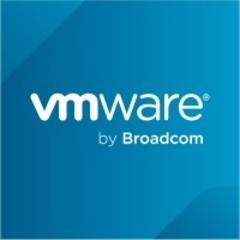We use the on-premise deployment model.
vCenter is our primary resource for all our U.S. Enterprises. It's the central place for the VMs we are using as our servers.
Storage has room for improvement. It's a big problem for our solution. The interface also needs improvement, it should be simplified.
They should integrate more storage systems for the replication. There should be an integrated replication tool. We have two sites and we want to have the data between the sites and all the data replicated. There is no ability to do that now. You have to buy this ability from another vendor.
It's very expensive. The quality of the product is fine, it's good quality but the price is very high.
In the next release, they should have better data synchronization between different brands and hardware so that you can replicate two data stores. VMware should maintain decent replication. There's no synchronization between VMware and different brands. For example, one installment from Dell and one installment from HP should be able to synchronize their data.
It's 100% stable, it's always stable. We haven't had any bugs. The solution works very well and we haven't had any problems.
We haven't needed to contact their technical support. We have to pay for support but it should be free.
The initial setup was straightforward, it's not complex.
There are not many partners for this solution in our area. We would need to go to Barcelona for that.
We also looked at Microsoft Hyper-V.
I would rate it a nine out of ten.






